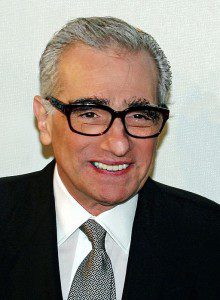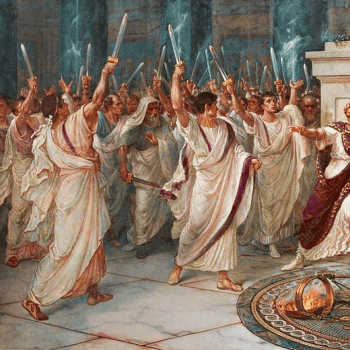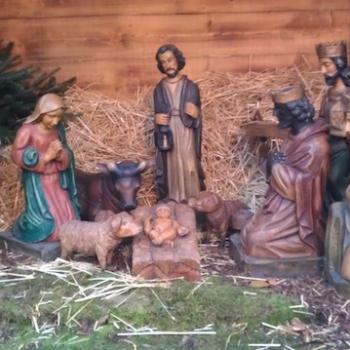 Renowned film director Martin Scorsese talks about vocation in a recent interview. He didn’t make it through seminary but started to realize that you don’t have to be a priest to have a vocation.
Renowned film director Martin Scorsese talks about vocation in a recent interview. He didn’t make it through seminary but started to realize that you don’t have to be a priest to have a vocation.
I have noticed more and more Catholics who have started understanding vocation in Lutheran terms.
Scorsese also discusses his new film Silence, based on Shusaku Endo’s classic novel about the persecution of Jesuit missionaries in Japan in the 17th century. Currently in limited release, the movie is being hailed by some of those who have seen it as one of the truly great Christian films. If you have seen it, please report.
From Martin Scorsese interview: ‘Catholicism is always in you’ – CatholicHerald.co.uk:
Martin Scorsese is talking about vocations. It’s s a subject he knows something about, having studied at a seminary when he was a young man. In the end – as history and an armful of awards can attest – he decided to be a film-maker rather than a priest, but as he himself points out most firmly, a vocation does not necessarily have to be a clerical one.
“Vocation is very special,” says the legendary director, who at the age of 14 entered Cathedral College Seminary in New York with a view to entering the priesthood. “I entered the seminary because I had a mentor – Fr Principe his name was. He was down in the Lower East Side and he had a great effect on my life from the ages of 11 to 17. He was a major influence on a lot of us kids in those days, he’d give us books by Graham Greene and Dwight Macdonald and many others, and he opened my eyes to a lot intellectually.
“I also saw him working with the guys in the Lower East Side and I saw him play out compassion. But I also saw a toughness to him, which he needed because the streets there were tough. I wanted to be just like him, so I went into the preparatory seminary to do what he was doing.”
Once in the seminary, however, he says that he quickly gained a different perspective. “I didn’t know what a vocation was at that time, I hadn’t lived, and I didn’t get it at all. But what I realised once I was there was that you can’t devote yourself to a way of life and call it a vocation just because you want to be like somebody else. It has to come from you.
“I didn’t make being a priest – in fact, I was ejected from the seminary. But then I thought: when one has a vocation, does it have to be clerical? Can’t you act out those tenets of whatever you believe in your own life without wearing a priest’s collar? And that’s something I have been struggling with – and trying to deal with as best as I can – for my whole life since then.”
[Keep reading. . .]
HT: Colin Cutler
Photo by David Shankbone (David Shankbone) [GFDL (http://www.gnu.org/copyleft/fdl.html), CC-BY-SA-3.0 (http://creativecommons.org/licenses/by-sa/3.0/) or CC BY-SA 2.5-2.0-1.0 (http://creativecommons.org/licenses/by-sa/2.5-2.0-1.0)], via Wikimedia Commons
 Renowned film director Martin Scorsese talks about vocation in a recent interview. He didn’t make it through seminary but started to realize that you don’t have to be a priest to have a vocation.
Renowned film director Martin Scorsese talks about vocation in a recent interview. He didn’t make it through seminary but started to realize that you don’t have to be a priest to have a vocation.















